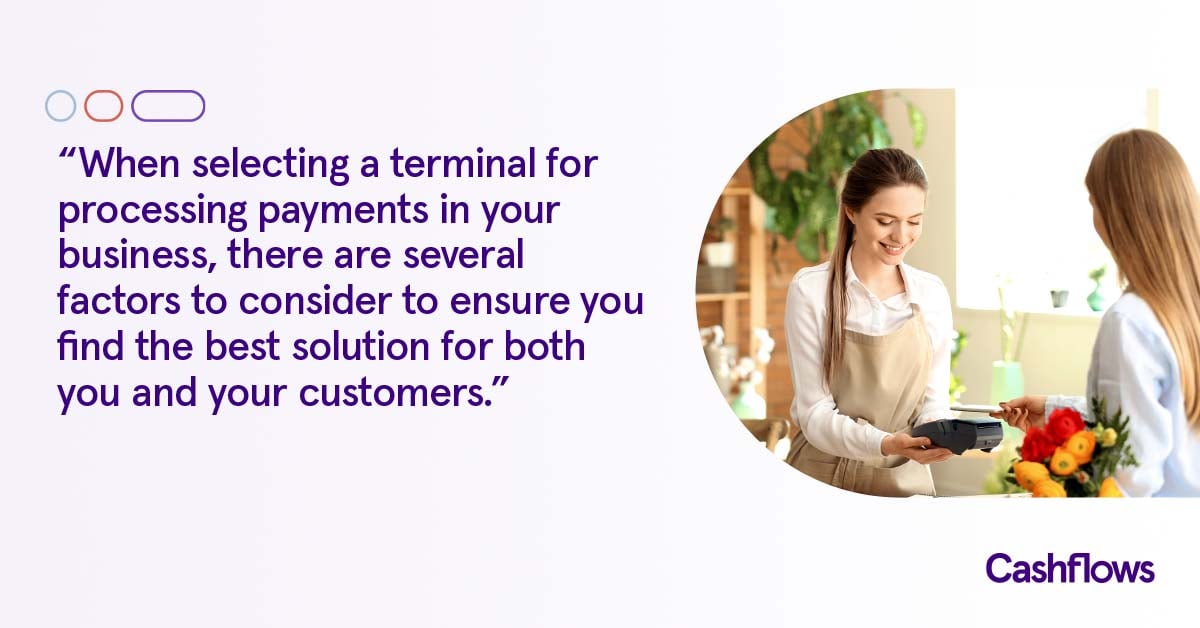Many businesses tend not to think too much about their payments – much like electricity or water, as long as they work and you’re not paying a fortune for them, it’s easy to let their function slip to the back of your mind. But payments are a fundamental building block that can make a huge impact on your business. Leveraging them to your benefit means accessing key insights into your customers and strategy. When operating in a competitive industry, like insurance, that is data driven and doing more and more to improve customer experiences, your payments can offer you an edge. Done right, it can provide you with the tools to implement greater personalisation and choice for your customers.
Why multichannel matters
The widespread adoption of multichannel across industries due to the pandemic has drastically changed customer expectations of how, when, and what they can access from your business. Whilst retail may have been the blueprint, this widespread implementation of tech across day-to-day interactions between consumers and providers, making them faster, easier, and more flexible, means low-tech options are no longer the norm. This highlights, by contrast, industries and businesses that are not keeping up.
As every industry, not least insurance, is attempting to find better ways to reach customers and become more accessible, providing multiple platforms and channels to reach your business boosts your visibility and makes customers’ interactions with you as easy as possible. By meeting your customers where they are, you not only increase conversions by making it simple and quick for customers to pay, but also customer satisfaction and helps you to expand your reach. By providing more options, you can access potential customers that may not be able to use certain channels, for example in-person or online, providing additional avenues for growth.
How multiple payment methods boost business
In 2022, 39% of people said they prefer paying via electronic payments such as PayPal and 14% preferred mobile1. Electronic and mobile payments are faster, more seamless, and easy, making them excellent conversion boosters that, depending on your payments provider, should be very simple to implement into existing checkouts. But it’s not just customers whose lives are made easier by offering multiple payment methods. 24% of home insurance businesses still take payment by cheque, as do 6% of auto insurance businesses2. Whilst accepting cheque payments can help to ensure insurance remains accessible, it can be expensive, with banks charging businesses to deposit cheques, and is highly inefficient. By offering customers alternatives, such as having a Virtual Terminal option to allow them to securely pay over the phone, Pay By Link through an email, or online checkout options that enable mobile payments, you can reduce these costs whilst providing your customers with the option they prefer.
The impact of access to data
Access to real-time payments data wherever you are, means being able to make smart decisions for your business and having a transparent view of your cash flow as well as any transaction problems.
It’s worth checking with your payments provider whether they can offer you custom reporting and analysis tailored to your business, so you can have the exact data and transactional insights you need to best drive your decision-making.
With customers looking for more personalised experiences from their providers, data is increasingly becoming key, allowing you to predict desires and build comprehensive customer profiles. Having access to comprehensive data will mean you can establish a deeper understanding of your customers, leading to greater customer retention and loyalty.
Why how you pay out has such a huge impact
Being able to pay out to customers quickly is not only a major selling point, building loyalty and trust from your customers, but it also makes things far simpler for your business. However, despite their inefficiency, higher cost (postage is expensive), and higher associated risk, many insurance companies still choose to pay out to their customers using cheques. Cheques are not only labour intensive for insurance businesses, but with bank branches closing, they are also tricky for customers to deposit. This can have knock on impacts when it comes to reconciliation for the business as often cheques aren’t cashed immediately, get lost in the mail, or, as in the well-publicised case of Lee Day, can be fraudulently intercepted3. This means cash flow becomes unpredictable and complicated, requiring more time investment.
Whilst instant payout methods have been shown to be popular options amongst customers, many insurers have been slow to adopt them. In 2022, companies did not offer instant payment options for 28% of disbursements, 12% more than in 2021, despite 23% of customers opting for instant payouts when given the choice – the highest share since 20184. For consumers who are used to instant gratification, pay out times do make a difference. Not only does speedy pay out offer comfort, providing your customers with the security that, should they need to make a claim, they will receive their money quickly, but is a key differentiator for them when looking for insurance. Particularly in light of financial hardship and the cost of living crisis, customers want to know that should they meet with an incident which is covered by insurance and will cost them a lot of money, they won’t have to wait and cover costs that they can’t afford.
Cashflows:
At Cashflows, our people prioritise knowing the industries we serve inside and out, so we can provide them with the best solutions for their needs. We know that payments can often be overlooked by insurers, but this could mean missing out on higher conversions, customer loyalty, and meeting customer expectations. To find out more what we can do to help your business evolve, contact us here.
Sources:
1 Statista
3 BBC
4 Pymnts


